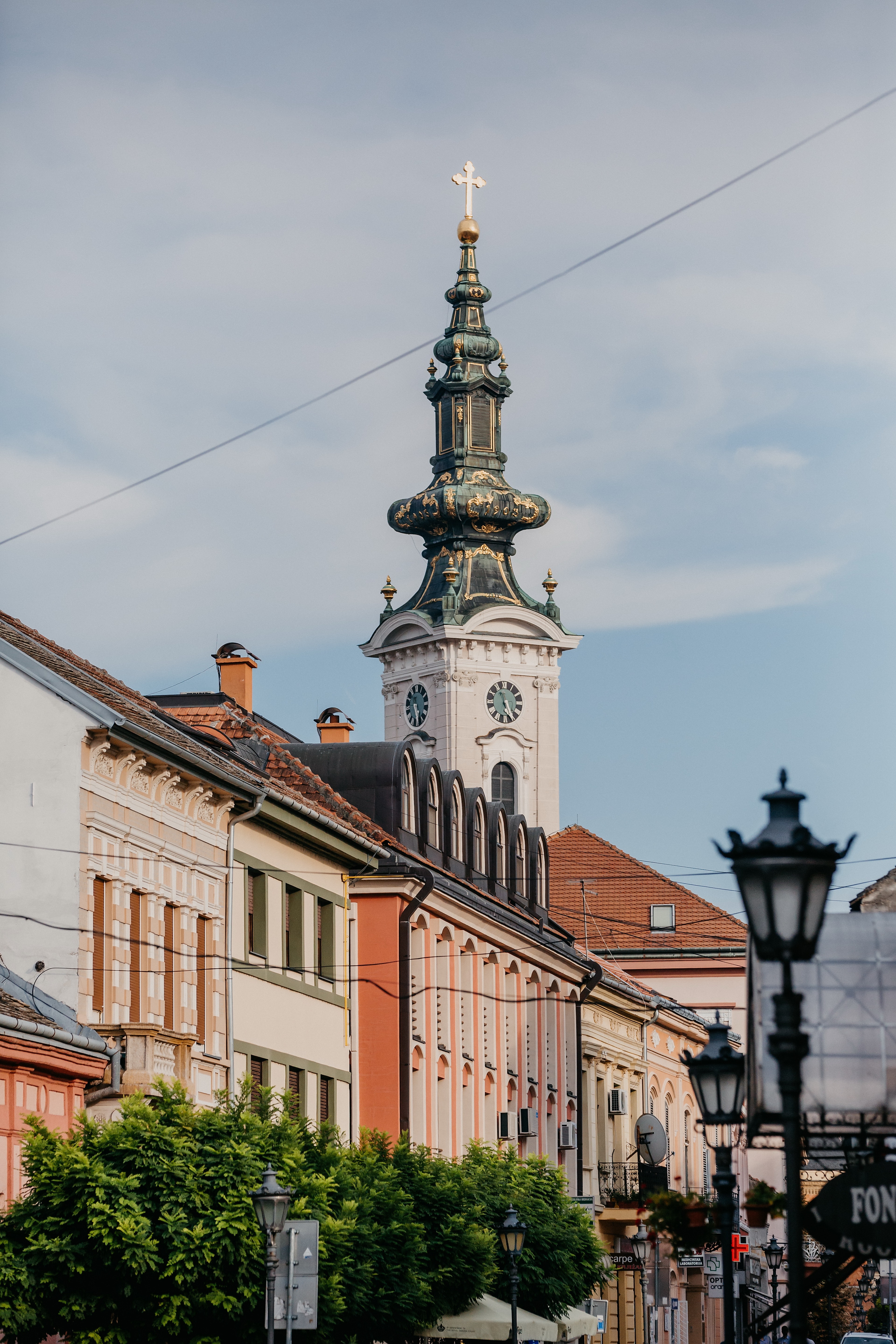Urban Nightlife
Urban Nightlife
What is the meaning of night bar?
The term nighttime bar refers to establishments that operate primarily in the course of the night and 대구유흥 (Git.Fuwafuwa.Moe) late-night hours, catering to individuals seeking a vigorous atmosphere to socialize, unwind, and revel in various drinks and leisure.
In city nightlife, nighttime bars serve as social hubs where individuals gather to expertise the native tradition, music, and gastronomy. These venues usually function numerous themes, from casual lounges to vibrant dance clubs, attracting totally different crowds primarily based on their ambiance and choices.
Characteristics of Nighttime Bars
Nighttime bars usually have distinctive options that set them aside from regular pubs or daytime bars:
- Extended Hours: Open late into the evening, usually till the early morning.
- Live Entertainment: Many bars host live music, DJs, karaoke, and different performances.
- Unique Cocktails: A concentrate on innovative drinks and mixology, usually with signature cocktails.
- Themed Nights: Special occasions or promotions that draw in crowds, like trivia nights or dance parties.
Overall, nighttime bars play a significant position in urban nightlife, providing a dynamic space for social interplay and entertainment under the quilt of darkness.
Why is nightlife so popular?
Urban nightlife has gained immense popularity for a quantity of causes:
- Social Interaction: Nightlife offers a vibrant ambiance for people to socialize, meet new associates, and strengthen current relationships.
- Diverse Entertainment: Cities provide quite lots of leisure options, including clubs, bars, concert events, and events, catering to completely different tastes and preferences.
- Escape from Routine: Nightlife permits individuals to interrupt free from their every day routines and enjoy new experiences, providing a way of adventure.
- Cultural Expression: Urban areas usually showcase numerous cultures through food, music, and artwork, allowing nightlife to function a platform for cultural trade and appreciation.
- Economic Opportunities: The nightlife sector creates quite a few job alternatives and boosts local economies, making it an integral a half of urban development.
- Access to Late-Night Amenities: Many cities offer companies and facilities that cater to nightlife enthusiasts, similar to late-night dining and transportation choices.
These components contribute to the attract of city nightlife, making it a beloved facet of city residing that fosters community and creates memorable experiences.
Are nightclubs in decline?
Urban nightlife has been present process vital adjustments in current times, prompting a dialogue about whether or not nightclubs are in decline. Various factors contribute to this evolving panorama.
Factors Contributing to the Perception of Decline
- Changing Preferences: Younger generations are more and more favoring experiences over traditional nightlife. Events like pop-up bars, rooftop gatherings, and immersive experiences appeal to consideration.
- Technology and Social Media: The rise of social media and cell apps has remodeled how people socialize, with many opting for non-public gatherings or smaller venues that emphasize a personal contact.
- Economic Factors: Economic fluctuations can influence disposable revenue. In challenging times, individuals may cut back on costly nightlife outings.
- Health and Safety Concerns: The COVID-19 pandemic severely affected nightlife, with lingering health issues resulting in changes in social habits.
Nightclubs Adapting to Challenges
While some may argue that conventional nightclubs are in decline, many are adapting to the brand new landscape:
- Diverse Offerings: Nightclubs are increasingly offering a variety of experiences, including themed nights, live music, and art exhibitions to draw in several crowds.
- Focus on Safety: Enhanced safety measures, corresponding to improved air flow and crowd management, help nightclubs regain patron confidence.
- Integration of Technology: Clubs are using expertise for enhanced experiences, such as cell ordering and virtual actuality experiences.
Conclusion
In abstract, while conventional nightclubs may face challenges, they're additionally evolving to satisfy the calls for of contemporary urban nightlife. Rather than an easy decline, the nightclub scene is reworking, reflecting broader social developments and preferences.










